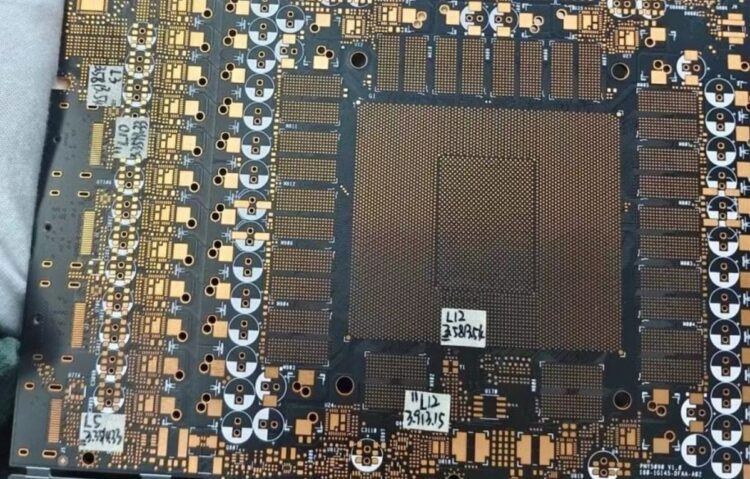The US put in place what it called the Artificial Intelligence Diffusion Rule earlier in the year, as one of the last official actions by the previous president. Late last month, there have been reports of the rule being tweaked to do away with the tiered system of the rule. It looks like it has happened, with the US Bureau of Industry and Security (BIS) announcing the rescinding of said rule to “strengthen export controls for overseas AI chips”.
For context, the AI Diffusion Rule split countries into three tiers, with Malaysia falling under Tier 2. This means that Malaysia would face limits on AI chip purchases. The rule was meant to take effect starting 15 May, but with the rule rescinded, these restrictions will no longer come into play later in the week. In its place, the US BIS will issue new rules in the future.

As published in its press release, the US BIS says that the rule “would have undermined US diplomatic relations with dozens of countries by downgrading them to second-tier status”. This is in addition to the claim that the rule would have “stifled American innovation and saddling companies with burdensome new regulatory requirements”. NVIDIA and Oracle are among the more vocal companies opposing the rule, based on prior reports.

All that being said, the US BIS also announced that “using Huawei Ascend chips anywhere in the world violates US export controls”. The bureau also intends to warn the public about the potential consequences of allowing US AI chips to be used to train Chinese AI models, which was partially the purpose of the AI Diffusion Rule to begin with.
(Source: US BIS)


